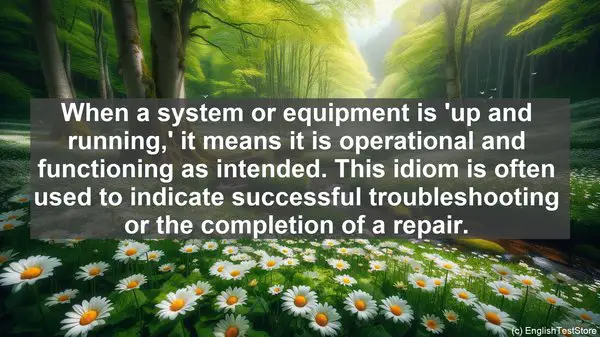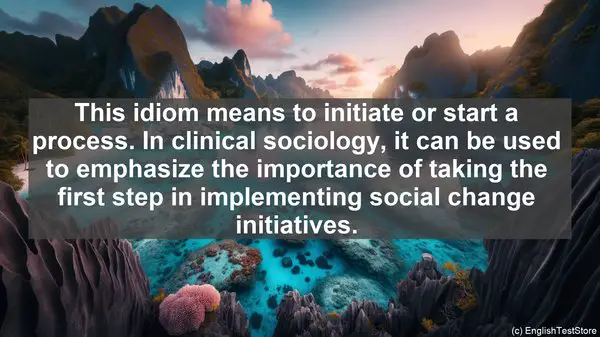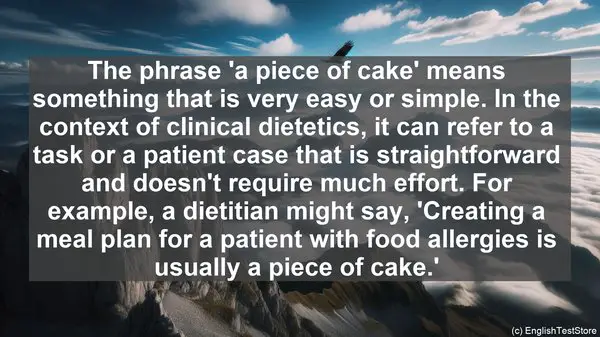1. ‘In a Pickle’
This idiom refers to being in a difficult or challenging situation. As a communication equipment mechanic, you may often find yourself in a pickle when troubleshooting complex issues. Knowing this idiom will help you express your predicament effectively.
2. ‘On the Same Wavelength’
When you and your team members are ‘on the same wavelength,’ it means you all understand and agree with each other. This idiom is crucial for smooth collaboration, especially during critical projects.
3. ‘In the Loop’
Being ‘in the loop’ means being informed or involved in a particular matter. As a communication equipment mechanic, staying in the loop regarding the latest updates and industry trends is essential for professional growth.
4. ‘Back to Square One’
Sometimes, despite your best efforts, you may have to go ‘back to square one’ when troubleshooting a complex issue. This idiom signifies starting over or returning to the initial stage of a process.
5. ‘Bells and Whistles’
When a device or equipment has ‘bells and whistles,’ it means it has additional features or functions that are not necessarily essential but enhance its overall appeal. Understanding this idiom will help you differentiate between core functionalities and additional perks.

6. ‘In the Pipeline’
When something is ‘in the pipeline,’ it means it is being planned or developed and will be available or implemented in the future. This idiom is often used to discuss upcoming projects or advancements in the communication equipment industry.
7. ‘Off the Grid’
Being ‘off the grid’ refers to being disconnected from the usual communication channels or systems. While this can be a personal choice, as a communication equipment mechanic, it’s crucial to ensure that the systems you work with are never ‘off the grid.’
8. ‘On the Backburner’
When a task or project is ‘on the backburner,’ it means it is temporarily set aside or given a lower priority. This idiom is often used when there are more pressing matters at hand, but the task is not forgotten entirely.
9. ‘Up and Running’
When a system or equipment is ‘up and running,’ it means it is operational and functioning as intended. This idiom is often used to indicate successful troubleshooting or the completion of a repair.
10. ‘In the Driver’s Seat’
Being ‘in the driver’s seat’ means being in control or having the authority to make decisions. As a communication equipment mechanic, there may be situations where you need to take charge and be ‘in the driver’s seat’ to ensure smooth operations.



















